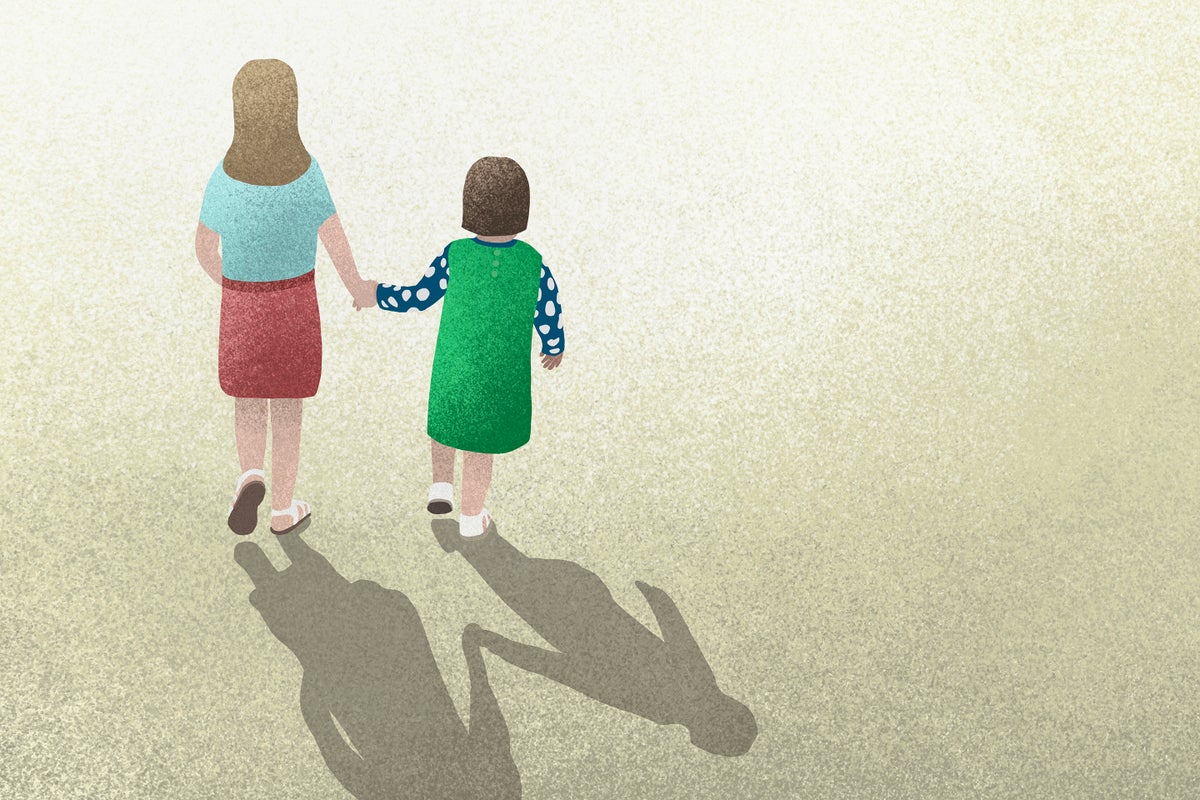
"We come into the world screaming and vulnerableentirely dependent on adult caregivers to keep us safe and teach us how to connect with others. The nature of these earliest relationships influences how we behave towards others and see the world long after we've grownbut in more complex and nuanced ways than researchers previously thought, according to the results of a large, decades-long study examining how the quality of children's interactions with parents and close peers went on to influence their relationships in adulthood."
"People who felt closer to their mothers and had less conflict with their mothers in childhood tended to feel more secure in all of their relationships in adulthood, says Keely Dugan, an assistant professor of social personality psychology at the University of Missouri and lead author of the study, which was published in October in the Journal of Personality and Social Psychology. That's a really striking finding because it demonstrates the enduring impact of that first person who is supposed to be there for you."
Early relationships with caregivers and early peer friendships shape lifelong patterns of relating and perceptions of the social world. Close, low-conflict relationships with mothers in childhood predict greater security across future relationships with parents, best friends, and romantic partners. Early friendships provide practice in give-and-take dynamics that later appear in adult friendships and romantic connections. Attachment tendencies established in childhood persist into adulthood in complex and nuanced ways and influence how individuals approach intimacy, conflict, and reciprocity across multiple primary relationships throughout life.
Read at www.scientificamerican.com
Unable to calculate read time
Collection
[
|
...
]